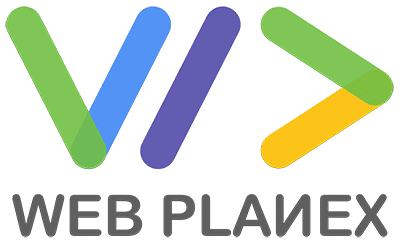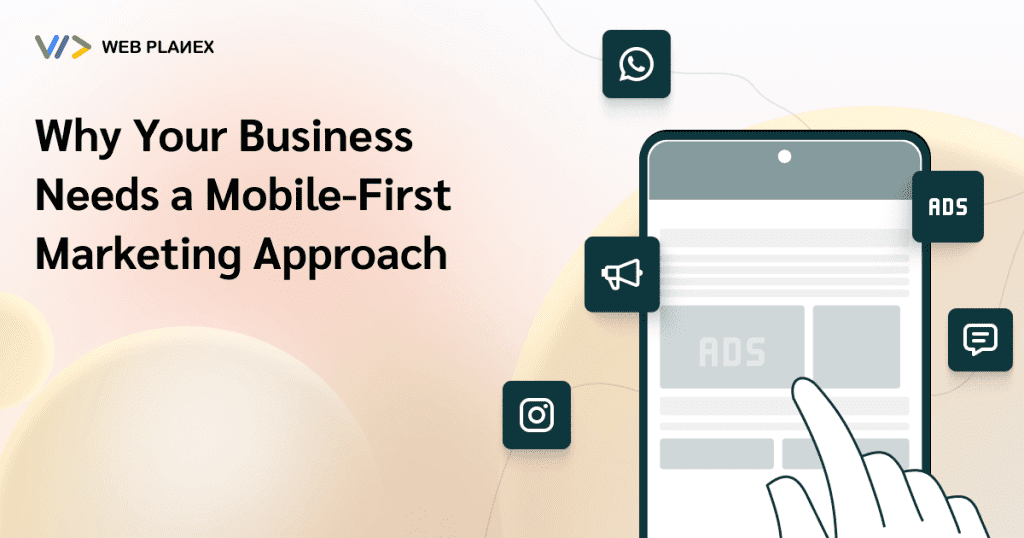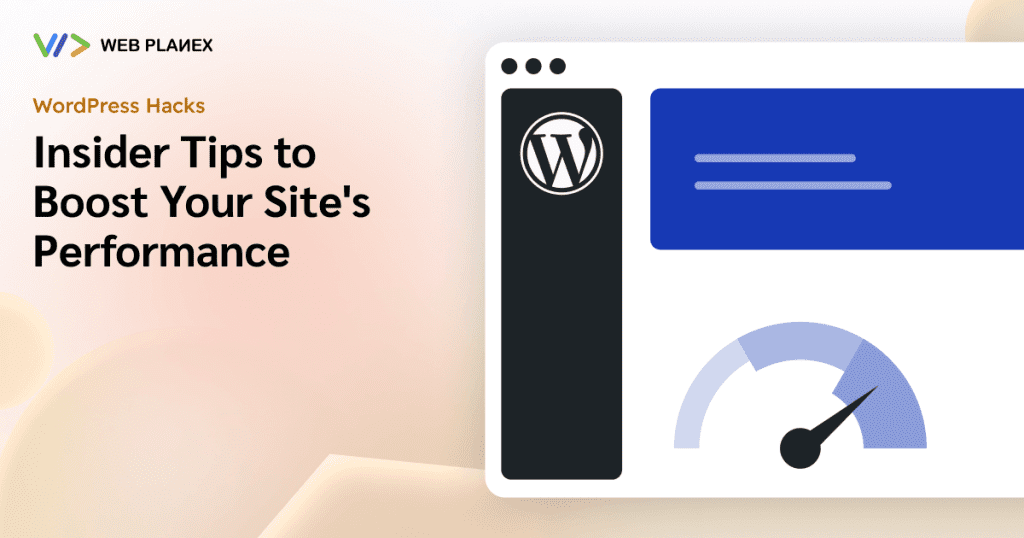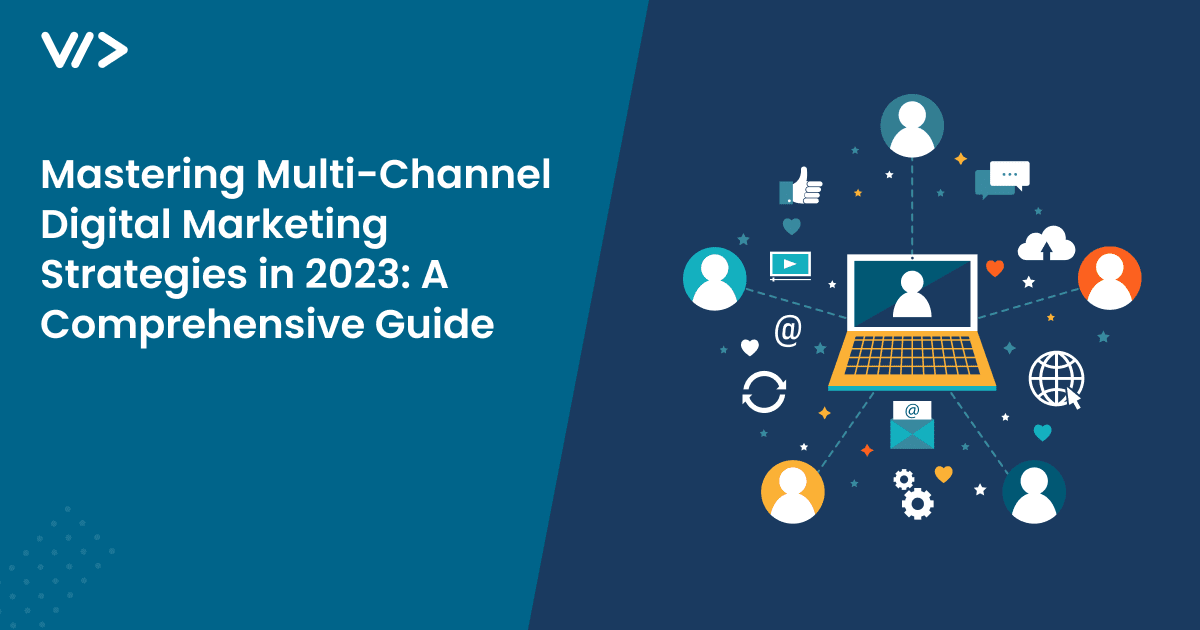
When it comes to marketing, it is one of the most important parts of any business in this day and age. Choosing the right marketing channel can elevate your business to another level. With marketing campaigns and a vast array of marketing channels available today, there are tons of ways you can market your business. Struggling to find marketing channels or learn how to do marketing can be very hard. In this article, we will dive deep and share some light on some of the most important channels and how you have levelled up your business.
Content Marketing:
Content marketing is a strategic approach that focuses on creating and distributing valuable, relevant, and consistent content to attract and engage a target audience. This content can take various forms, including blog posts, articles, videos, infographics, podcasts, and more. The primary goal of content marketing is to establish authority in your industry, build trust with your audience, and ultimately drive profitable customer actions, such as purchases or conversions.
Recent research shows that 73% of B2B and 70% of B2C marketers use content marketing as part of their overall marketing. On top of that, 91% of marketing pros surveyed by Semrush will have success with content marketing in 2021. According to Demand Gen, 62% of those making B2B purchase decisions rely on the content. Lastly, the pandemic has increased content usage by 207%.
Effective content marketing involves thorough audience research, understanding customer pain points, and tailoring your content to address those needs. It also emphasises the importance of storytelling, as stories have the power to connect with audiences on a deeper level and make your brand more relatable.
Social Media Marketing:
Social media marketing involves using various social media platforms, such as Facebook, Instagram, Twitter vs Thread, LinkedIn, and TikTok, to promote products or services. Businesses create and share content on these platforms, engage with their audience, and often run paid advertising campaigns to increase brand visibility and reach. Social media marketing allows companies to interact with their customers directly, build brand loyalty, and gain valuable insights into consumer behaviour and preferences.
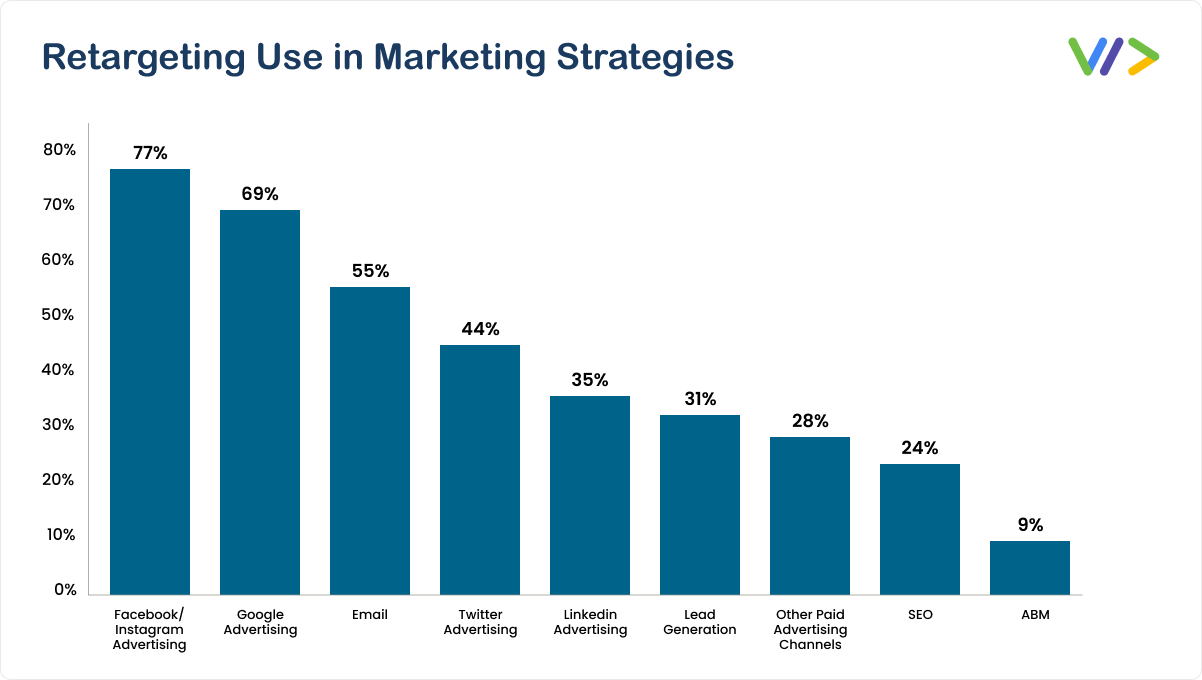
Source via: Statista Market Insights
Social media is one of the most valuable assets when it comes to marketing. Today, the estimated number of social media users is 4.89 billion, and on average, a person bounces between six and seven different social networks per month. On top of that, the amount of time internet users spend is much higher than even 140 to 151 minutes.
The key to successful social media marketing lies in understanding the unique dynamics of each platform, crafting engaging content, and maintaining a consistent brand voice and image across all channels.
Influencer Marketing:
Influencer marketing is a strategy that leverages individuals with a significant and engaged following on social media or other online platforms to endorse and promote products or services. Influencers are seen as trusted figures within their niches, and their recommendations can carry substantial weight with their followers.
Last research showed that in 2022, the influencer market in the U.S. was valued at a recorded 16.4 billion. Secondly, 1 out of every 4 marketers is currently leveraged for influencer marketing. Recently, 89% of marketers who currently engaged with influencer marketing, which will keep increasing.
To succeed in influencer marketing, brands need to carefully select influencers whose values align with their own and whose audience matches their target demographic. Building authentic relationships with influencers and allowing them creative freedom can lead to more genuine and effective endorsements.
Digital Advertisements:
Digital advertisements encompass a wide range of online advertising methods, such as display ads, search engine marketing (SEM), video ads, and social media advertising. These ads are strategically placed on various digital platforms to reach specific demographics and drive conversions, such as website visits, form submissions, or purchases.
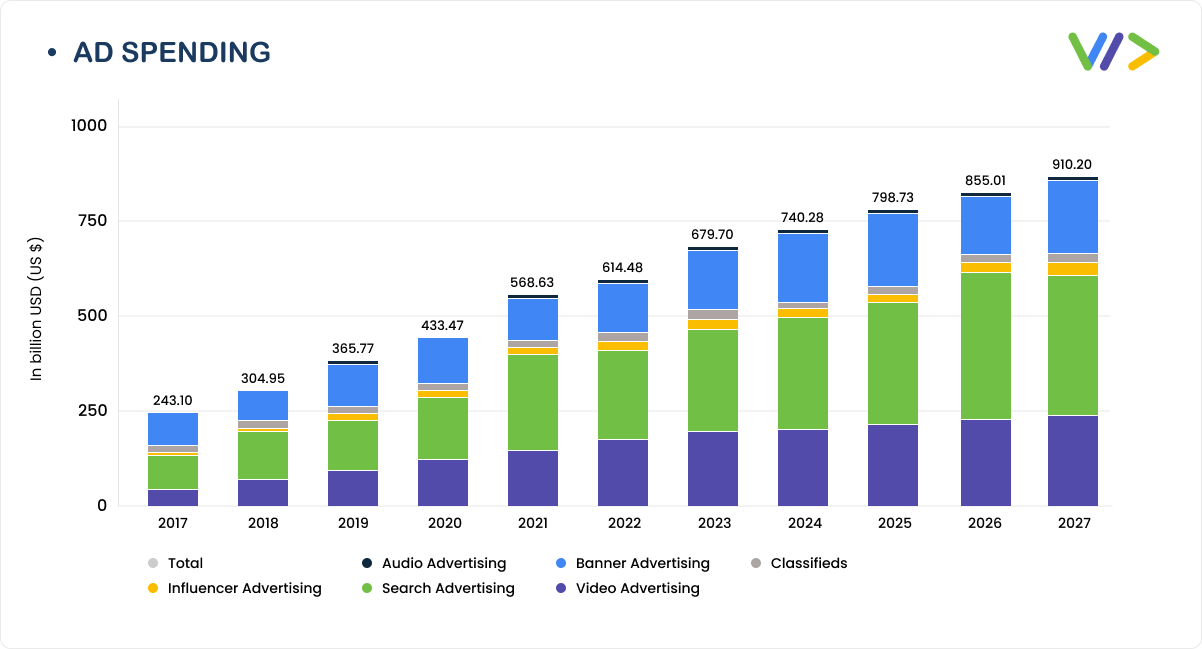
Source via: Statista Market Insights
To make the most of digital advertisements, businesses should conduct thorough audience research, create compelling ad copy and visuals, and continuously monitor and optimise campaigns to maximise return on investment (ROI).
Email Marketing:
Email marketing is a direct communication method that involves sending targeted emails to a list of subscribers or potential customers. This approach is used to nurture leads, share promotions, provide valuable content, and maintain customer engagement over time. Effective email marketing relies on crafting personalised and relevant content, segmenting email lists, and A/B testing to optimise email campaigns.
When it comes to email, this is one of the oldest ways of marketing. There are 4 billion daily email users, which is expected to climb to 4.6 by 2025. On top of that, there are more than 306 billion emails sent and received each day. Many of the brands are increasing their email budgets day by day. Most importantly, 42% of brands say that email marketing is very critical to business success compared to 2020. Today, 95% of marketers use AI for email creation, which is 54% effective.
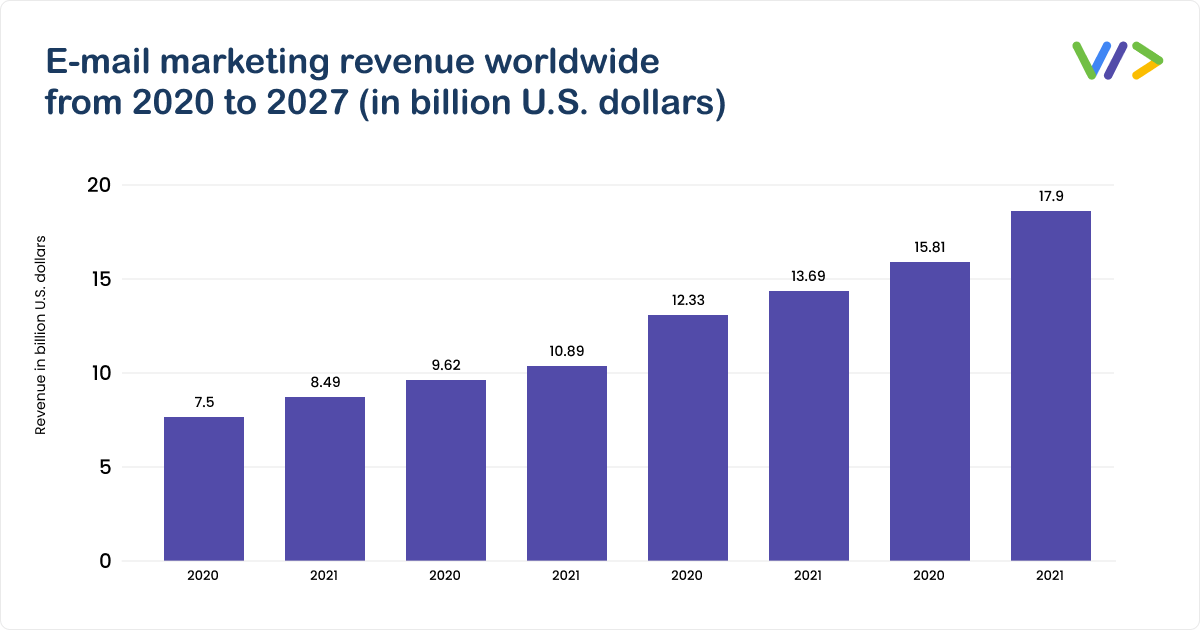
Source via: Statista Market Insights
Email marketing automation tools can help streamline processes, such as sending welcome emails, abandoned cart reminders, and personalised product recommendations.
Word of mouth:
Word-of-mouth marketing relies on customers sharing their positive experiences with a product or service with others. It is one of the oldest and most powerful forms of marketing, and in today’s digital age, it can be amplified through online reviews, social media recommendations, and customer referrals. Building a strong reputation and consistently delivering exceptional customer experiences is key to encouraging positive word of mouth.
Encouraging satisfied customers to leave reviews, engaging with feedback, and fostering a sense of community around your brand can all contribute to word-of-mouth marketing success.
Partnership Marketing:
Partnership marketing involves collaborating with other businesses or organizations to mutually promote each other’s products or services. These partnerships can take various forms, such as co-hosting events, cross-promotions, joint marketing campaigns, or co-creating content.
Strategic partnerships can help expand your brand’s reach, tap into new customer segments, and leverage the trust and authority of your partner’s audience.
Search Engine Optimisation (SEO):
Search Engine Optimisation (SEO) is the practice of optimizing your website’s content and structure to improve its visibility in search engine results pages (SERPs). An effective SEO strategy involves conducting keyword research to identify relevant search terms, optimizing on-page elements (such as meta tags and content), building high-quality backlinks, and addressing technical SEO issues.
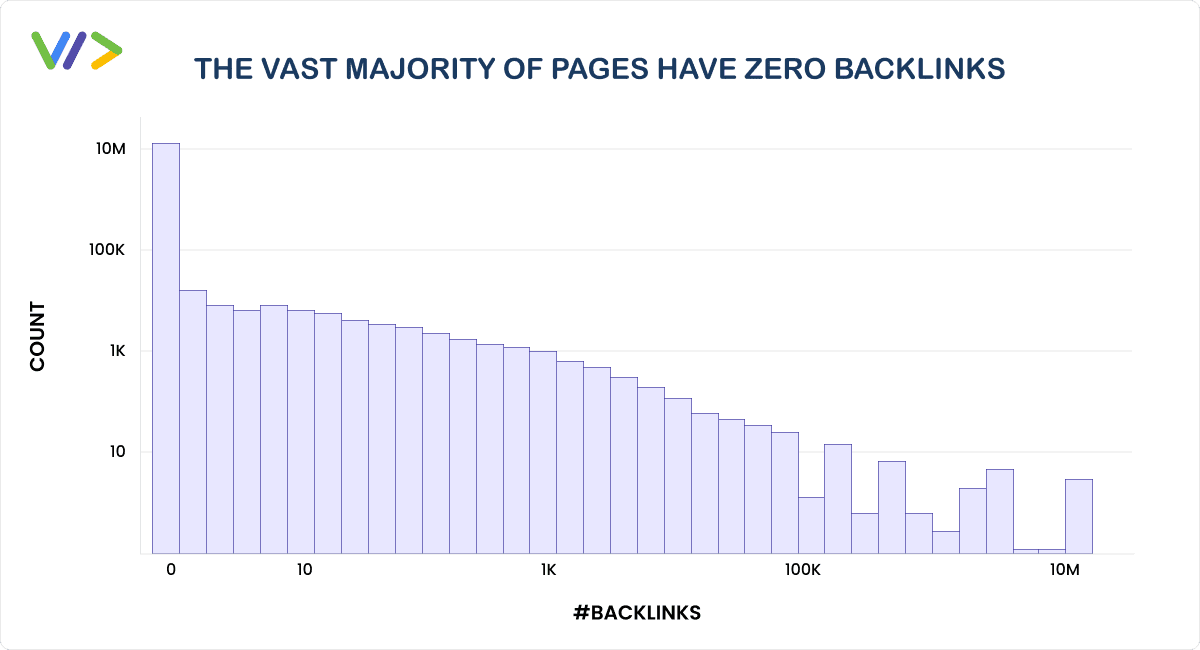
Source via: Statista Market Insights
SEO is a long-term strategy that aims to increase organic (unpaid) traffic to your website and improve its ranking in search engine results. It requires staying up-to-date with search engine algorithms and making ongoing improvements to your website.
Podcast Marketing:
Podcast marketing leverages the popularity of podcasts to reach a specific target audience. This can involve various tactics, including sponsoring podcast episodes, appearing as a guest on relevant shows to share industry insights, or even creating your podcast as a platform to share valuable content and promote your brand.
A podcast is something that is new but booming. The global podcasting market is estimated at around 18.52 billion, which is expected to reach 23.75 billion by the end of 2023. In the UK, podcasting is the most popular among men. 58% of the men were found to be listening to podcasts. When it comes to younger listeners, 63% of the young generation listens to podcasts every day.
Podcasts are an engaging medium that allows you to connect with your audience through storytelling, interviews, and valuable information.
Websites/Blogs:
Websites and blogs serve as central hubs for sharing information, promoting products or services, and engaging with customers. A well-designed website is essential for establishing an online presence and providing a platform where potential customers can learn about your brand, products, or services.
Another important part of marketing is blogging. Each month, approximately 409 million people visit more than 20 billion pages. There are about 70 million posts being published every month just by WordPress users. On top of that, 94% of the company has more links to their website for those who blog. Lastly, over 93% of blogs are using promotional techniques to drive traffic.
Blogs are an integral part of content marketing and can help drive organic traffic to your website through valuable and informative articles. Regularly updated blogs also position your brand as an authority in your industry.
Conclusion
Incorporating these marketing strategies into your overall marketing plan, tailored to your specific business goals and target audience, can help you create a well-rounded and effective marketing strategy in 2023 and beyond. Remember that successful marketing often involves experimentation, adaptation to evolving trends, and a focus on providing value to your audience.
